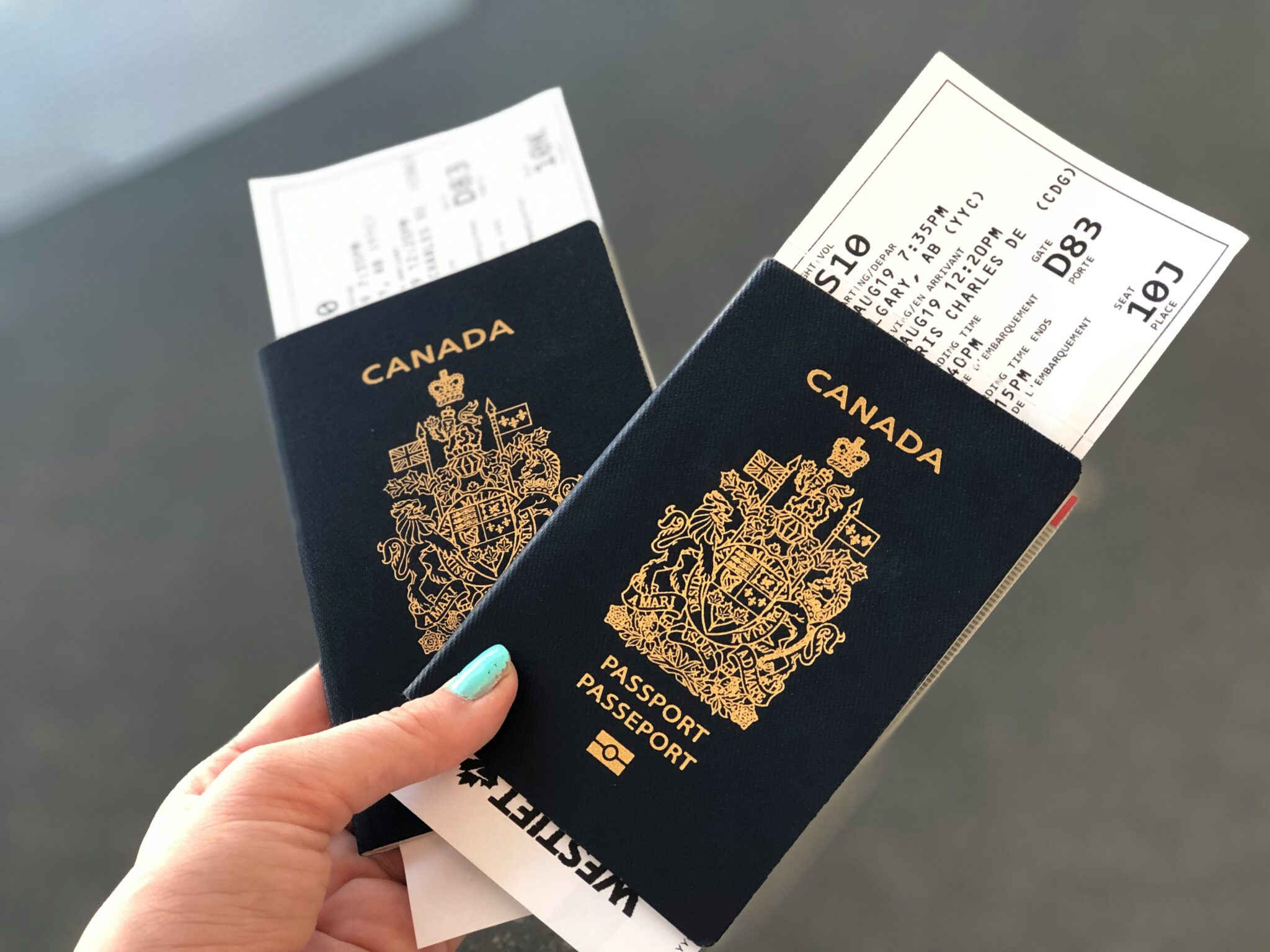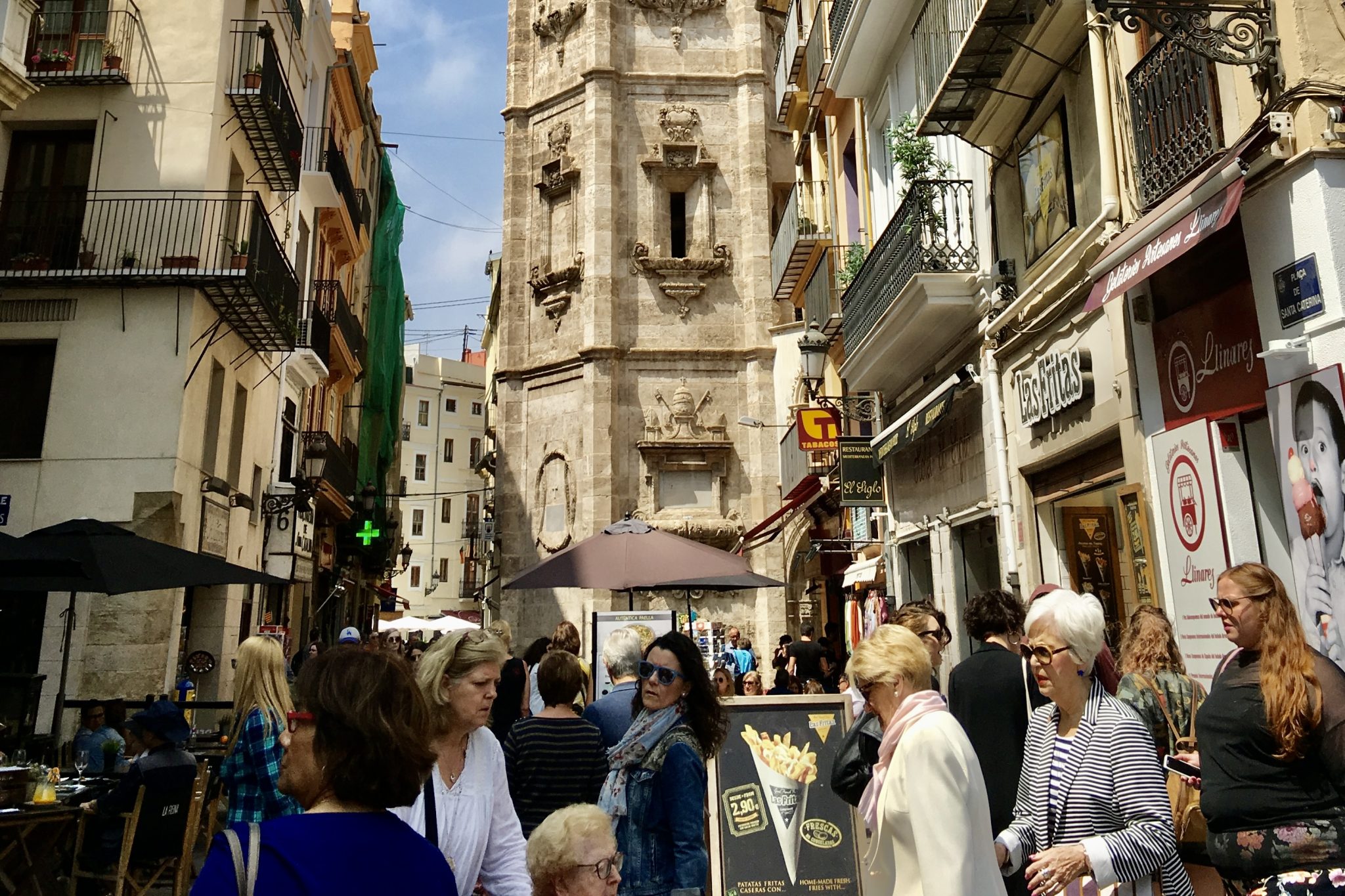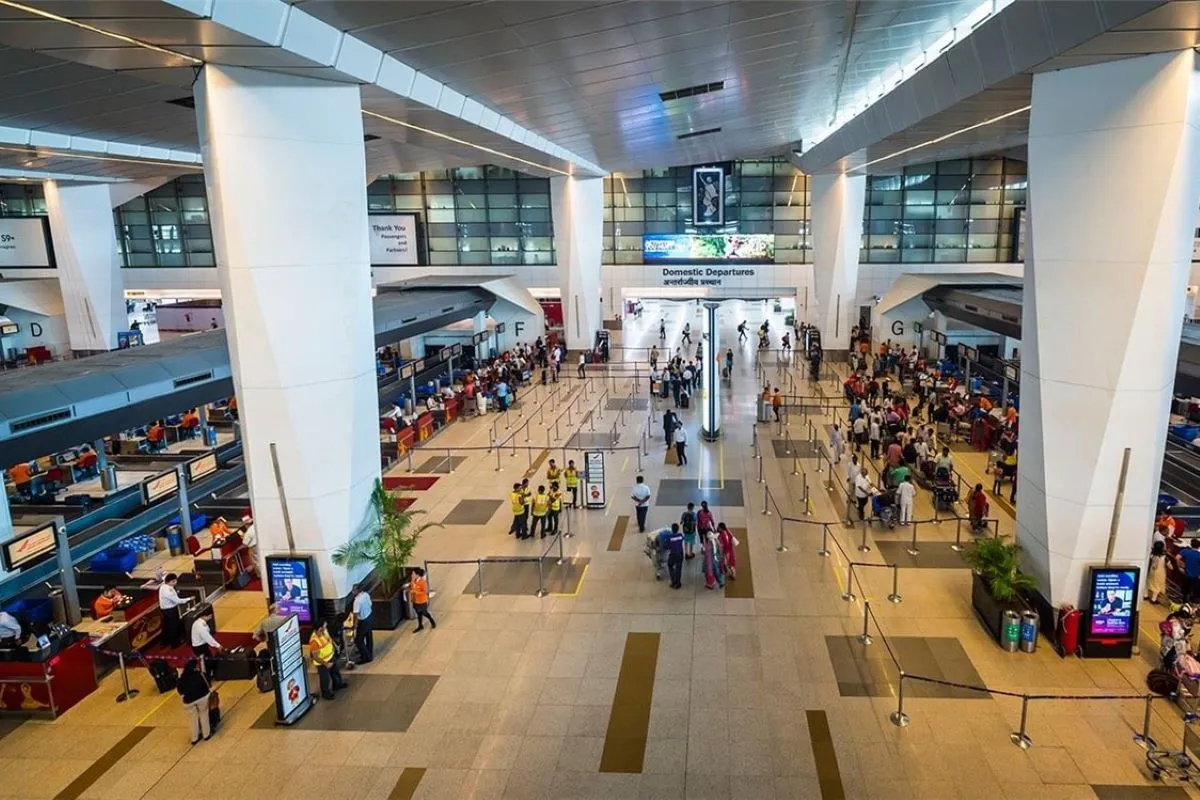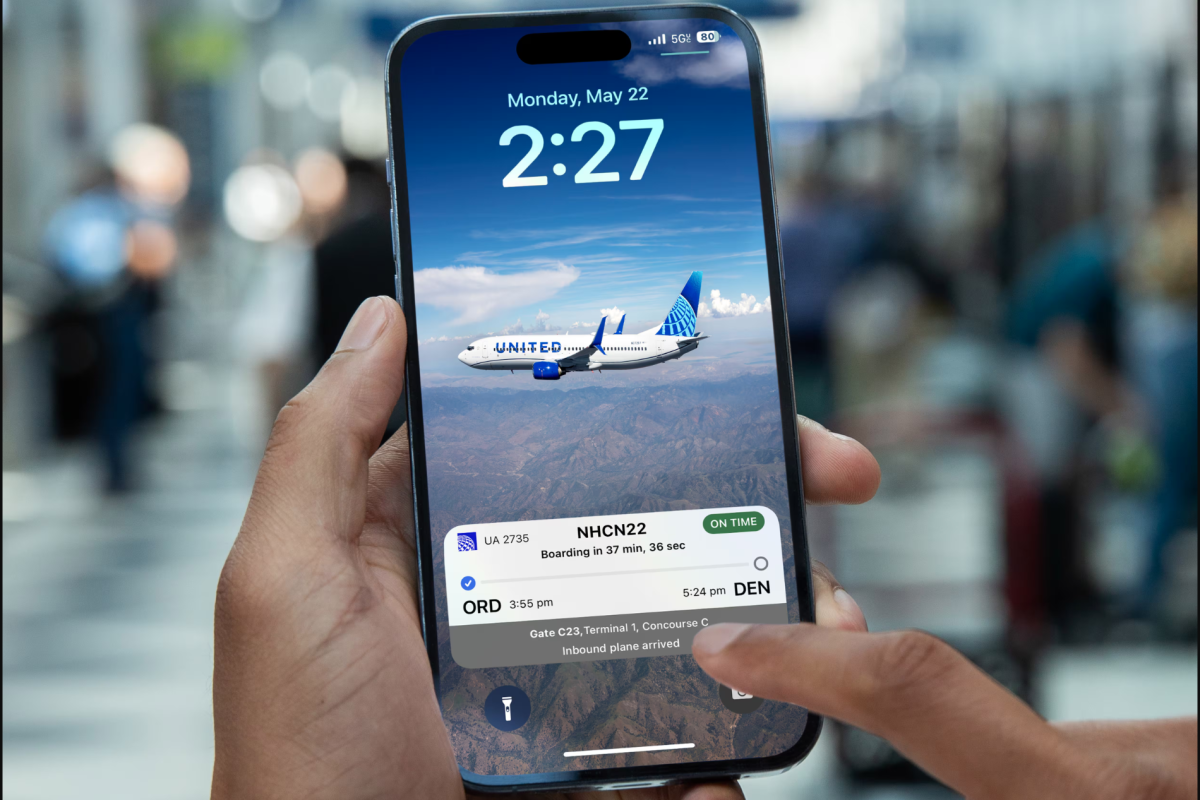Trump's Potential Trade War With Canada: What's at Stake for Tourism

Skift Take

Trump’s Impact on Travel
Read how the first 100 days of U.S. President Donald Trump’s actions and policies are shaping the future of travel, and get insights into the industry's evolving response.Canadian Prime Minister Justin Trudeau said on X Monday that the potential trade war with the U.S. is delayed by "at least 30 days."
The Trump administration had planned to levy 25% import tariffs on most goods from Canada, taking effect on Tuesday. Canada had announced retaliatory tariffs.
The freeze puts potential impact on tourism on hold, but there's plenty at stake.
“It might mean changing your summer vacation plans to stay here in Canada and explore the many national and provincial parks, historical sites, and tourist destinations our great country has to offer," Trudeau previously said.
Canada was the top source of international visitors to the U.S. last year, with 20.4 million visits.
"A 10% reduction in Canadian travel could mean 2 million fewer visits, $2.1 billion in lost spending and 14,000 job losses," said the U.S. Travel Association, a lobbying group, on Monday.
Some markets could feel an effect more than others. Visit Detroit, which promotes tourism to the city, estimated that approximately 1.3 million Canadians visit Michigan each year, spending about $400 million.
Impact on Canadians
Some economists believed a sustained trade war could weaken the value of the Canadian dollar against the U.S. dollar, making trips to the U.S. more expensive for Canadians, according to a Scotia Bank report.
Sustained tariffs might also indirectly hurt domestic travelers and employees in Canada's travel sector.
Canada’s gross domestic product could fall by up to 3% in a sustained trade war, according to Capital Economics, a UK-based research organization. That could leave many Canadians with less money to spend on leisure and business travel.
“We urge the U.S. government to immediately reverse these tariffs," said Wendy Paradis, president of the ACTA (Association of Canadian Travel Agencies and Travel Advisors). "If they persist, we will ask the Canadian government to step up with measures to support affected industries, including travel agencies and travel advisors, who will feel the impact of a weaker economy.”
Air Canada declined requests to comment. Sunwing, a budget airline, said it offered very limited routings to Orlando early last year from a few gateways but hasn't had an active U.S. program since. Online travel agencies and booking data analysis firms contacted by Skift said it was too soon to see changes in travel bookings.
Why the Fight?
The White House said in a statement that it was threatening tariffs on Mexico, Canada, and China because of "an emergency situation" meant "to address the flow of illicit drugs across the northern border."
On Monday, tariffs against Mexico were postponed by a month after negotiations with Mexico.
Treasury Secretary Scott Bessent and Stephen Ira Miran, Trump's picked to be chair of the president's Council of Economic Advisers, have written that the broader long-term goal of tariffs could also include more broadly bringing manufacturing jobs back to the U.S. and making other allies shoulder more of the burden in security alliances.
Canadian annoyance at a trade war surfaced over the weekend as fans at several National Hockey Leagues games booed during the U.S. national anthem, the Associated Press reported.
Accommodations Sector Stock Index Performance Year-to-Date
What am I looking at? The performance of hotels and short-term rental sector stocks within the ST200. The index includes companies publicly traded across global markets, including international and regional hotel brands, hotel REITs, hotel management companies, alternative accommodations, and timeshares.
The Skift Travel 200 (ST200) combines the financial performance of nearly 200 travel companies worth more than a trillion dollars into a single number. See more hotels and short-term rental financial sector performance.





